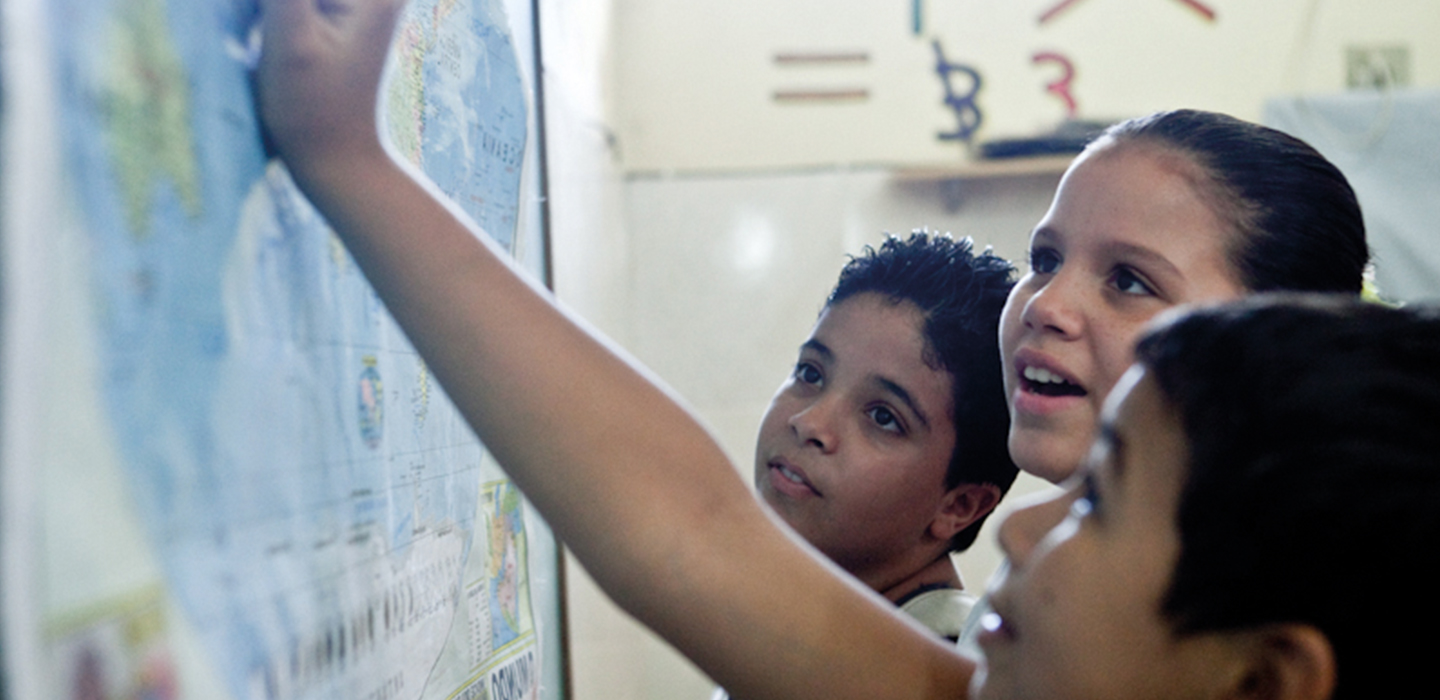Global Reach: Past Grantees
Youth Approaches to Health Association (YAHA)
Context:
Sexual and reproductive health (SRH) is a lifetime concern for both women and men, from infancy to old age. Evidence shows that reproductive health in any of these life stages has a profound effect on one's health later in life. Without diagnosis and treatment, some Sexually Transmitted Infections (STIs), such as HIV or syphilis, can cause pregnancy-related complications, and also can be fatal. Young people ages 10-24 are particularly vulnerable, often facing barriers to SRH information and care. They are disproportionately affected by STIs (more than 30% of 1 million new STI cases daily are below age 24), particularly HIV (in 2017, 34% of new infections occurred among youth). Women tend to suffer disproportionately from unintended pregnancies, unsafe abortion, maternal death and disability, sexually transmitted infections (STIs), gender-based violence, and other related problems. Every year millions of girls face unintended pregnancies, exposing them to risks during childbirth or unsafe abortions and interfering with their ability to go to school.
The current population of Turkey is more than 80 million, with over 23% between the ages of 10–24 and 13 million between ages of 15-24. Given the high number of
youth, SRH is a critical public health issue yet there is very limited research. One of the main reasons for this is that research is usually conducted from a medical and not social perspective, and data is limited as it is obtained from youth attending school beyond primary level. Yet the current enrollment is only 56% and actual attendance estimated to be much lower, and only 18% pursuing higher education. The first and still most recent study is one undertaken by UNFPA in 2007, which revealed that:
- Girls are more likely to be married than boys (inboth 15-19 and 20-24 age groups)
- Nearly one in four youth could not name any female reproductive organs, nor could name the organ within which a baby grows
- Nearly half of young men are unaware of the presence of a particular time in the reproductive cycle where pregnancy can happen and are much less aware of various contraception methods compared to young women
- 16% of women age 19 have become mothers or pregnant with their first child
- An average of 84% know about STIs, but a much lower percentage know about symptoms
- Few youth have correct knowledge about HIV/AIDS (11% of males and 10% of females).
This research presents a strong case for the need to better inform youth on SRH topics. Yet, information is quite limited for youth due to restrictive social norms and taboos. Families are not a common source of SRH information and especially not for youth from families with lower socio-economic and educational levels. SRH is also not part of the formal educational curriculum and other attempts to access information and youth friendly services are limited due to lack of anonymity. According to the same survey of UNFPA, most youth obtain information on SRH from the internet. This highlights the importance of internet as medium for information sharing, and usage among youth is 90% with 30% of the overall population are using smart phones (95% to seek information).
Organization:
The Y-PEER youth peer education network of organizations and institutions was pioneered by UNFPA in 2002 and works in the field of SRHR in 52 countries throughout the world through a comprehensive network of more than 500 non-profit organizations and governmental institutions. Its membership includes thousands of young people who work in the many areas surrounding SRHR. Youth Approaches to Health Association (YAHA) is a peer based network, founded in July 2015 as a legal entity of Y-PEER Turkey by a group of young people who have worked together as Y-PEER Turkey volunteers (since 2002). Active citizenship, human rights, SRHR, addressing stigmas, discrimination and increasing access to public services are the focus areas. Since 2015, YAHA has implemented many projects with a peer-to-peer approach. YAHA is youth-led, most of its leaders and trainers are still students. They have 4 staff of which 2 are under 25; and a network of nearly 300 volunteers (male and female ratio equal, 120 of which are Arabic speaking).YAHA has a strong track record of working with UN agencies, national level youth NGOs, universities all across the country, the Turkish government and international partners and donors.
Current Grant:
EMpower’s 1st grant to YAHA for the “Virtual Peer” project will enable the development and launch of a mobile-friendly and highly interactional website targeting youth ages 15+ and providing critical information about sexual and reproductive health (SRH). The site will be interactive, with mini tests for self-assessment (and assessing the usefulness of the site) and online help desk for youth to ask questions and seek help as needed. The site will be launched and at least 1,000 users will be actively engaged in the first phase of roll out (engagement= using interactive functions of the site).
Where is Youth Approaches to Health Association (YAHA)?
Primary Location: Istanbul
Website: www.y-peer.org/
Funded Since: 2018
Connect with EMpower
Stay up-to-date on the latest EMpower news, highlights from our grantee partners, upcoming events, and more.
Make a Difference with EMpower
Our Board Directors and the Leadership Council underwrite all of our Management, General and Fundraising expenses, so 100% of your donation goes directly to empowering marginalised young people.

